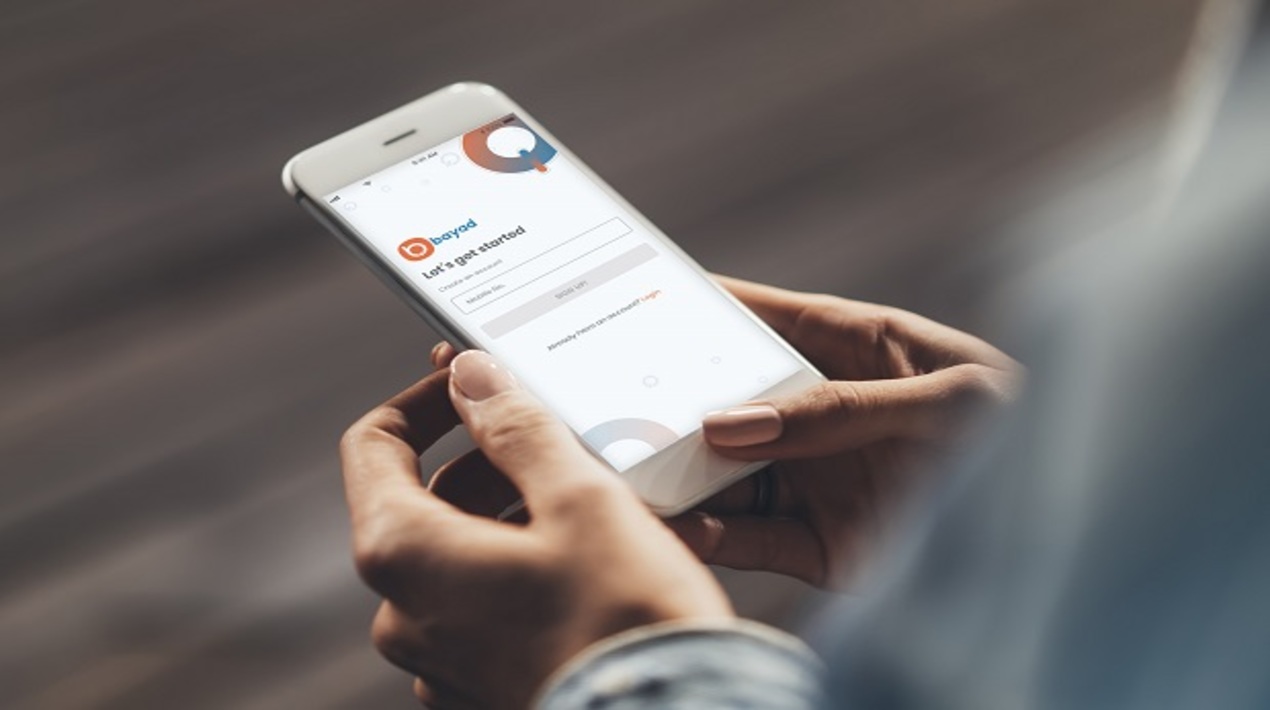
The Philippines’ Bangko Sentral ng Pilipinas (BSP) revealed that it has started to grant licenses for fintech companies to operate as an official Electronic Money Issuer (EMI).
The EMI license authorises these companies to deliver e-wallet services through their mobile apps. The accreditation allows the companies to convert consumers’ cash into electronic money which they can use to transact online to pay bills, remit money, purchase mobile load, and shop for products and services in partner merchant stores.
In addition, customers can withdraw and add money to their e-wallets through online bank transfers and over-the-counter payment centres.
One fintech company said its app users can soon expect to pay over 1,000 types of bills – from utilities, insurance, government contributions and services, and more — a service that has been offered by the company through its 45,000 physical touchpoints nationwide. Other services such as QR payments, rewards, insurance, savings accounts, personal loans, and credit scoring will also be enabled, the company said.
According to BSP’s director of technology risk and innovation supervision department (TRISD), the COVID-19 pandemic became the unexpected catalyst that catapulted digital financial services to new heights as Filipinos look for convenient, safe, and efficient means to receive and transfer funds, pay bills, and shop for necessities. In response to this need, the BSP continues to provide an enabling environment that encourages financial innovation while safeguarding the integrity and stability of the financial system.
Also, the fintech company said it sees the digitalisation of payments as a strategic route to attracting the next-generation payers, to experience and gain the trust in digital financial services. The company said it shares BSP’s belief that online payments — being accessible, convenient, and secure — is an engine of financial inclusion and economic growth.
The company added that its digital touchpoints are the first to feature real-time posting of Meralco (electrical bills) payments through its system, enabling customers to keep track of their transactions and avoid missed deadlines.
As reported by OpenGov Asia, the BSP has a vision for the country to become a digital-heavy, cash-light society to help achieve inclusive growth. According to the BSP, 50% or half of all transactions should be digital by 2023, and 70% of Filipino adults should have formal bank accounts by 2023.
The BSP expects a further surge in the use of digital platforms for payments and in the number of Filipino adults with financial accounts over the near term, highlighting that the BSP is on track with its financial inclusion and digitalisation goals. They also recognise the importance of the country’s National ID System (PhilSys), in which mass registration is ongoing. This will help facilitate the Philippines’ digitalisation and financial inclusion goals. The PhilSys will squarely address the problem of lack of formal IDs among the marginalised, which is a major barrier for them to open a bank or financial accounts, the BSP added.
Accordingly, the BSP’s Digital Payments Transformation Roadmap 2020-2023 (DPTR) says that the BSP’s thrust to promote financial inclusion and digitalisation of payments is mutually reinforcing: they go together, each enabling the other. With the sudden onset of the COVID-19 global pandemic, the shift towards digital payments has become imperative as physical distancing rules become the norm under the “New Economy” environment. By using digital payments with due care and vigilance, Filipinos reduce the need for mobility and prevent health risks from face-to-face and over the counter (OTC) financial transactions. The greater usage of digital payments will also facilitate the growth of Fintech businesses engaged in e-commerce businesses as the consumption of goods and services is increasingly driven by online purchases.
















